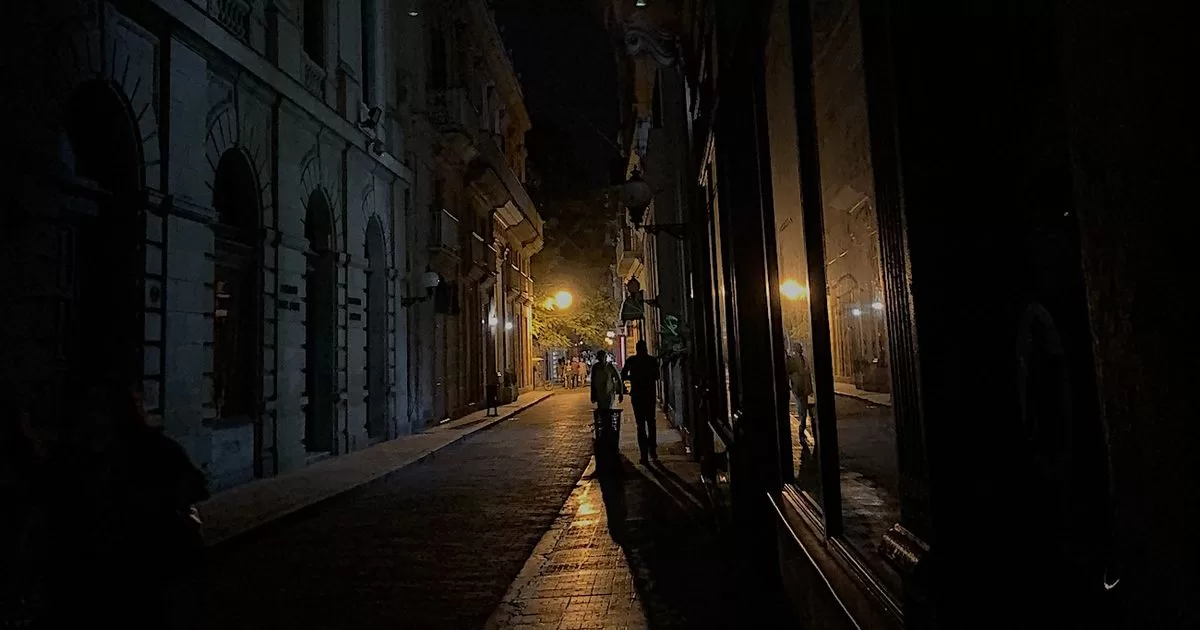Guatemala city.- The invalid vote was consolidated as the main option of the Guatemalan voters on June 25 in the presidential elections, which gives it a transcendental value in the definition of the second round, which will take place on August 20 and will contest the former first lady Sandra Torres and the progressive Bernardo Arévalo.
The favorite option of Guatemalans was to annul their suffrage with 17.4%, that is, 966,389 votes out of the 5.5 million cast, according to data from the Supreme Electoral Tribunal (TSE).
The invalid vote surpassed by almost 100,000 votes the candidate and former first lady Sandra Torres, of the National Unity of Hope (UNE) party, who took first place with 15.8%, that is, some 881,592 votes in her favor.
In addition, another 6.9% (388,442 voters) of the Guatemalan electorate decided to leave their presidential ballot blank.
CHANNEL THE VOTE OF DISCONTENT
“There was a high level of discontent and the electorate looked for two solutions: the first, the invalid vote, and the second, to vote for the candidate they considered less related to the system,” political scientist Renzo Rosal told EFE on Friday.
According to the expert, “the general annoyance of the population” resulted in annulling their votes or electing the progressive Arévalo, from the Seed Movement.
Arévalo obtained 654,534 votes (11.7%) and was enough to unexpectedly qualify for the second round on August 20.
The left-wing candidate was far from the top positions in the polls released a few days before the election last Sunday. However, he took more than 200,000 votes from third place, the pro-government deputy Manuel Conde of the Governing party Vamos.
In the opinion of Rosal and other analysts, the widespread discomfort of the population with traditional politics and the irregularities experienced during the current electoral process could determine the voter’s decision in the second round.
ABSTENTION
In addition, in Guatemala there were 9.3 million citizens qualified to vote, but 40% of these decided not to go to the polls.
Situation similar to the 2019 elections, when 38% of registered citizens decided not to cast their ballots.
If the trend of the previous elections in Guatemala is repeated, abstention in the second round could increase between 10% and 15%.
The second electoral round will take place on August 20 in Guatemala and the president will be defined for the period 2024-2028.
Torres, ex-wife of President Álvaro Colóm (2008-2012), has opted for a campaign focused on a conservative message and clings to the consolidated rural vote that has led her to the runoff in three consecutive elections.
For his part, Arévalo, the surprising second place, has promised that if he reaches the presidential chair in 2024 he will attack corruption and seek to recover the independence of the powers of the Guatemalan State.



